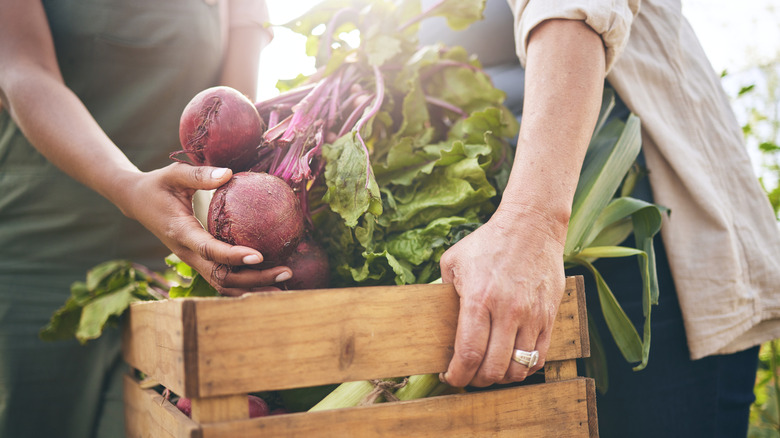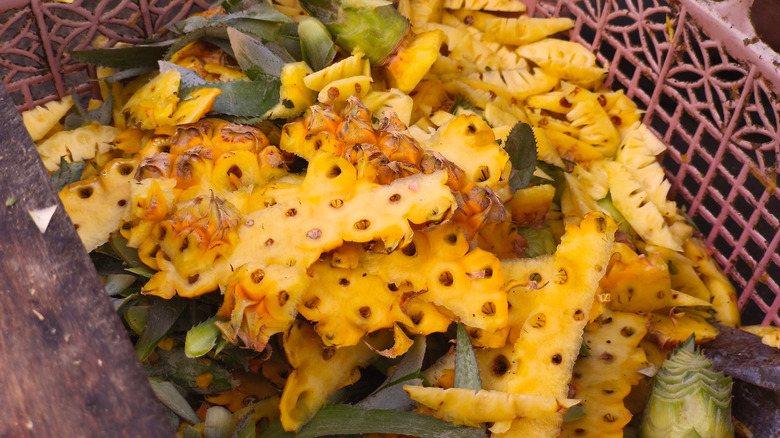A Revolutionary Gardening Product With An Innovative Design Was Just Developed
Gardeners and farmers across the world want to grow food without wasting resources. Sometimes this desire results in a surprising innovation, as it did for Maxwel Oyoo, a college student at the University of Kabianga, in Kericho county, Kenya. Taking inspiration from social media, Oyoo designed a new type of biodegradable seed starting pot made using discarded pineapple peels.
Biodegradable plant pots are no novelty to experienced gardeners. We use them as seed starter pots that can be easily planted directly in the soil without disturbing the seedlings' roots. Once planted in the ground, these decomposable containers break down and become part of the soil. They provide a more eco-friendly alternative to plastic nursery pots, which have a limited lifespan and are not always recyclable.
While some decomposable plant pots are made from peat, a non-renewable resource, biodegradable containers made out of waste products offer better alternatives. A popular brand in the U.S. is CowPots, which were made famous on Shark Tank, and are composed of cow manure. Other options include those made out of wheat, rice hulls, or straw. However, it makes sense to use the waste materials that are available locally, and in Kenya, one student noticed the proliferation of discarded pineapple peels and decided to do something about it.
From pineapple scraps to seed pots for gardening and farming
As a student of agriculture and economics, as well as a small farmer, Maxwel Oyoo saw pineapple scraps as an undervalued material that could be turned into revolutionary gardening products. As an environmentally aware individual, he was motivated to reduce what he saw as needless waste from local food markets. He also wanted to design a replacement for the plastic seed starting pots that litter farmland in his region.
To make these waste-based decomposable containers, pineapple peels are ground up and mixed with cornstarch. Next, this mixture is molded into shape and sundried. The pots can then be used to start seeds, and once planted, they decompose within three weeks. Oyoo has plans to turn his gardening innovation into a business, continuing to transform fruit scraps into a product that has a beneficial impact on the environment. And his creation is well-timed, since consumers are willing to pay more for biodegradable pots than standard plastic nursery containers, especially when the product keeps food refuse out of landfills.

